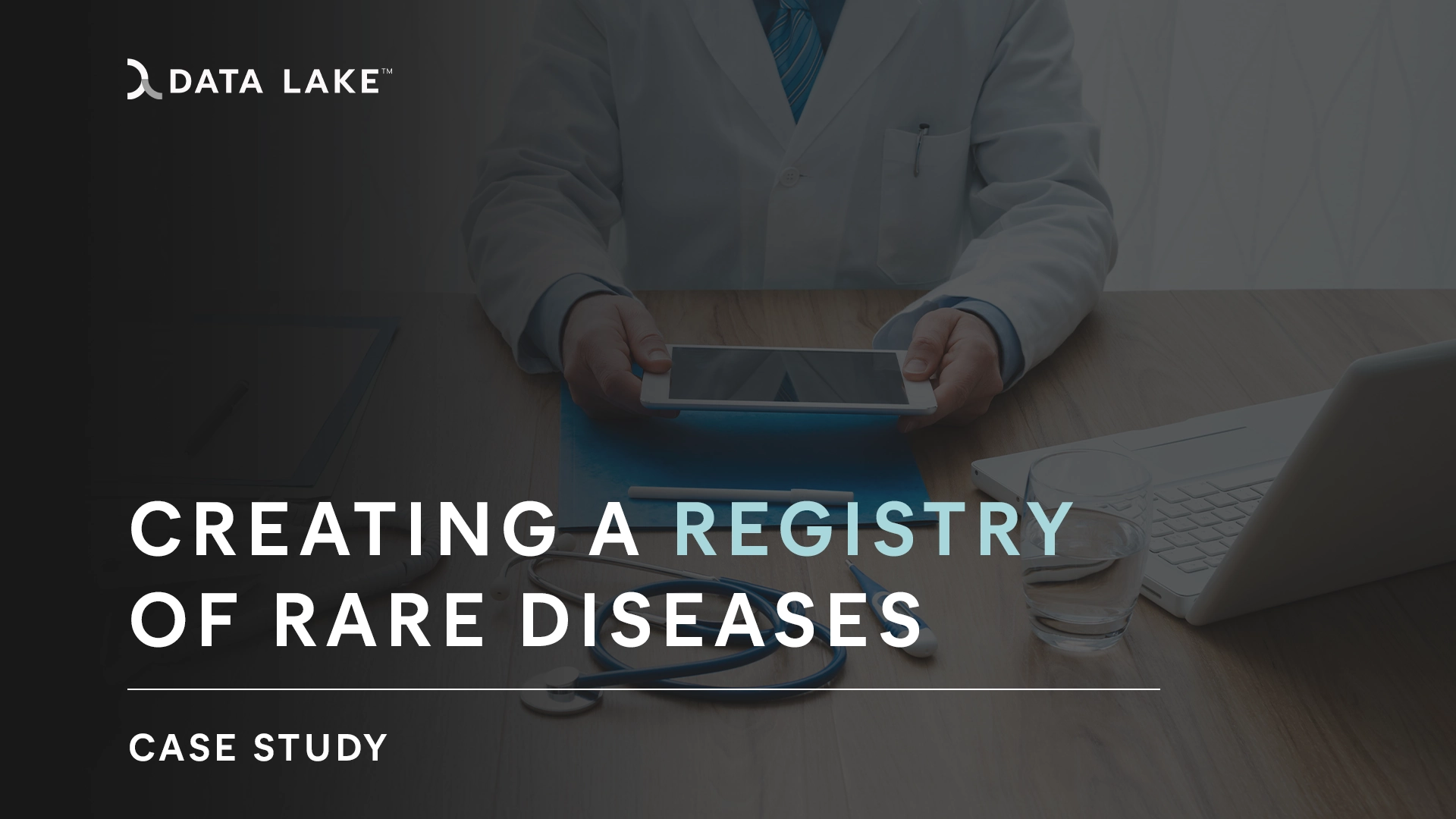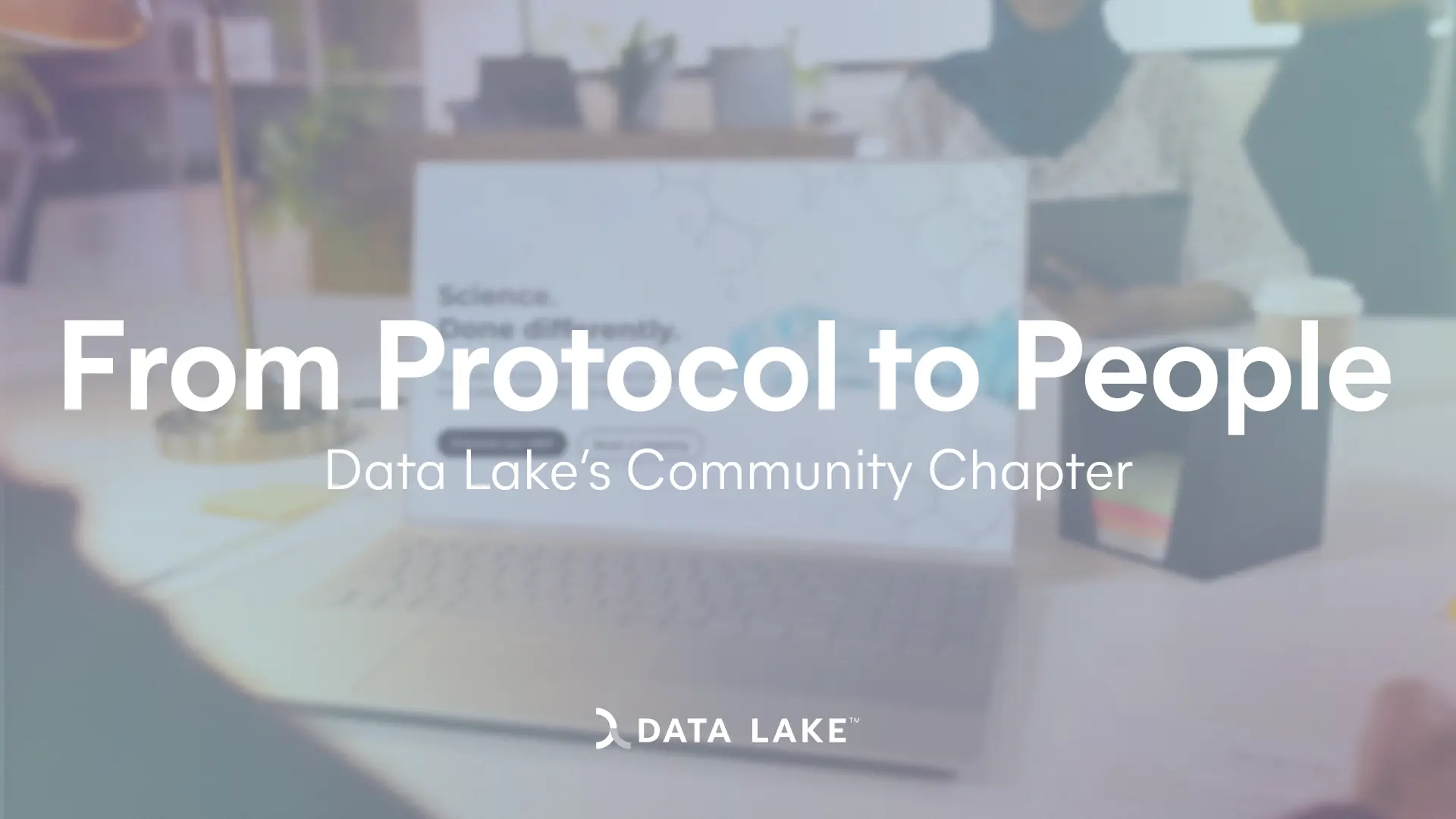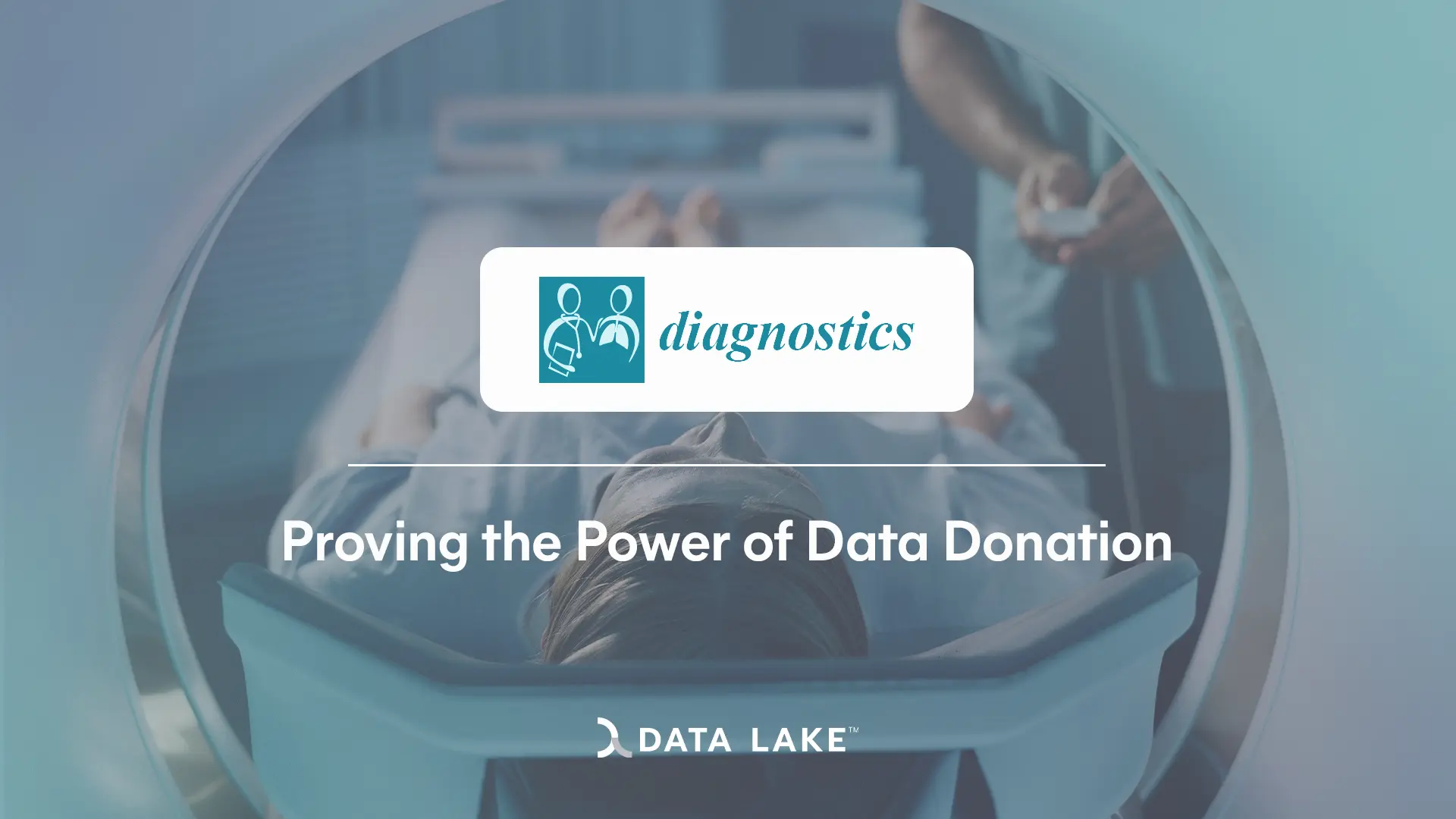A disease attains the “rare” designation when affecting <1:2,000 in the European Union and <1:200,000 in the US 1. Contrary to common perception, the impact of rare diseases is substantial. Nearly 8,000 rare disorders have been identified, affecting an estimated 260–440 million individuals globally, with a notable concentration among children, constituting a prevalence rate of 3.5%–5.9% 2. These staggering figures dispel the notion of rare diseases as isolated instances and underscore their status as a significant public health concern, affecting a considerable portion of the global population.
Before getting into how the Data Lake technology is supporting the creation of a registry of rare diseases, let’s dig in the main current trends and implications in the field of rare diseases.
-
Advances in Genetic Research:
-
The understanding of rare diseases has been greatly enhanced by advances in genetic research. Next-generation sequencing technologies have facilitated the identification of novel genetic mutations associated with rare disorders.
-
-
Patient Advocacy and Empowerment:
-
Patient advocacy groups and rare disease communities are becoming increasingly vocal and influential. These groups play a crucial role in raising awareness, funding research, and advocating for policies that benefit individuals with rare diseases.
-
-
Drug Development and Orphan Drugs:
-
The pharmaceutical industry has shown increased interest in developing therapies for rare diseases. Governments worldwide have implemented incentives, such as orphan drug designations, to encourage the development of treatments for these conditions.
-
-
Decentralized Data collection and Collaborative Research:
-
Decentralized solutions to collect consents are becoming more prevalent. Researchers, institutions, and pharmaceutical companies are recognizing the importance of platforms that enable data collection to accelerate the understanding and development of treatments for rare diseases.
-
-
Technological Innovations:
-
Technologies like artificial intelligence (AI) and machine learning are being employed to analyze vast datasets and identify patterns relevant to rare diseases. These technologies can aid in diagnosis, drug discovery, and personalized treatment approaches.
-
-
Rare Disease Registries:
-
The establishment of rare disease registries is on the rise. These registries help collect and consolidate data, providing valuable insights into the natural history of rare diseases, facilitating research, and assisting in the development of patient registries.
-
Case Study: Data Lake’s fundamental support to the creation of a rare diseases registry
Addressing the unique challenges posed by rare diseases demands a focused approach to research, diagnosis, and treatment, given their scarcity and limited understanding. In this context, establishing a comprehensive registry is crucial for gathering valuable data that can contribute to scientific advancements and improve patient outcomes.
For those who don’t know, registries are designed to gather detailed and comprehensive data on the characteristics, progression, and management of a certain disease, and can be used by researchers for the development of evidence-based practices and the identification of new therapeutic targets.
Our second Case Study delves into the role played by Data Lake in the creation of a rare disease registry that will be established in Poland in 2024.
Objective
The primary goal of this initiative is to establish a patient-centric registry for a rare disease. This initiative goes beyond the mere collection of essential medical data; it prioritizes the autonomy and well-being of individuals grappling with rare diseases through a robust and informed consent process.
Key Components of the Registry
Partnerships
This registry is a collaborative effort supported by a consortium comprising clinical experts, patient advocacy groups (PAGs), Data Lake as technology company, and healthcare providers.
A top 10 pharma company entered into strategic partnership with Data Lake on the registry project and is interested in the advancement of medical knowledge of this disease.
Patient-Centric Approach
Recognizing the distinct challenges faced by individuals with rare diseases, the registry adopts a patient-centric model that actively values and integrates the experiences and perspectives of the patients themselves. We ensure the inclusion of patient representatives in the planning and decision-making processes to guarantee alignment with their unique needs and preferences. The project facilitates seamless communication between researchers and patients.
Informed Consent Process
Our approach involves developing a comprehensive and easily understandable informed consent document. This document explicitly outlines the registry’s purpose, the nature of the collected data, and how it will be utilized. The informed consent process is continuous, allowing participants to withdraw their consent at any point without repercussions, thanks to the dedicated Data Lake consent system based on blockchain.
Data Collection
We implement a robust data collection strategy, concentrating on collaborating with medical entities specializing in the treatment of rare diseases.
Privacy and Security Measures
Ensuring the security of patient data is paramount. Our registry employs stringent privacy and security measures, including anonymization and pseudonymization techniques, as well as encryption protocols. We adopt a pragmatic strategy for data storage, incorporating both on-chain and off-chain solutions based on the type of data. Regular audits and reviews of security protocols are conducted to ensure compliance with evolving data protection standards.
Engagement and Education
Our initiative involves extensive educational campaigns to enlighten patients about the registry’s benefits and the potential impact their data can have on research and treatment development. We establish a dynamic communication platform to keep participants informed about registry progress, research findings, and any relevant developments. Continuous reassessment of the registry’s goals and strategies is integral.
Outcomes and Impact
Advancements in Research
The registry is poised to significantly contribute to scientific understanding by providing a rich dataset for researchers studying rare diseases. This contribution holds the potential for breakthroughs in diagnostics, treatments, and disease management.
Improved Patient Care
The registry’s data will inform healthcare professionals, policymakers, and drugmakers about the diverse needs and experiences of individuals with rare diseases. This insight is expected to lead to more personalized and effective care.
Empowerment of Patients
By actively involving patients in the decision-making process and acknowledging their role as partners in research, the registry aims to empower individuals with rare diseases and enhance their sense of agency in their healthcare journey. Securing informed consent directly from patients is paramount, and it can be achieved by leveraging the Data Lake blockchain-based consent system.
Building Precedent
Data Lake aspires to establish an efficient and transparent blueprint for a consent-based registry. This blueprint is designed to expedite the establishment of rare disease registries across the EU and other jurisdictions in the coming years to drive scientific advancements in the field.
Conclusion
Despite their perception, rare disease have a substantial impact in global health. Data Lake’s support in the creation of a rare disease registry in Poland exemplifies a patient-centric approach, strategic partnerships, robust consent processes, and rigorous privacy measures. This initiative sets a precedent for transparent and efficient consent-based registries, aiming to contribute not only to scientific breakthroughs but also to the establishment of ethical models that can be replicated globally.
References:
1 Rare diseases: the paradox of an emerging challenge – PMC. https://www.ncbi.nlm.nih.gov/pmc/articles/PMC6174191/
2 Epidemiology of rare diseases is important. Journal of the European Academy of Dermatology and Venereology. https://onlinelibrary.wiley.com/doi/10.1111/jdv.17165




